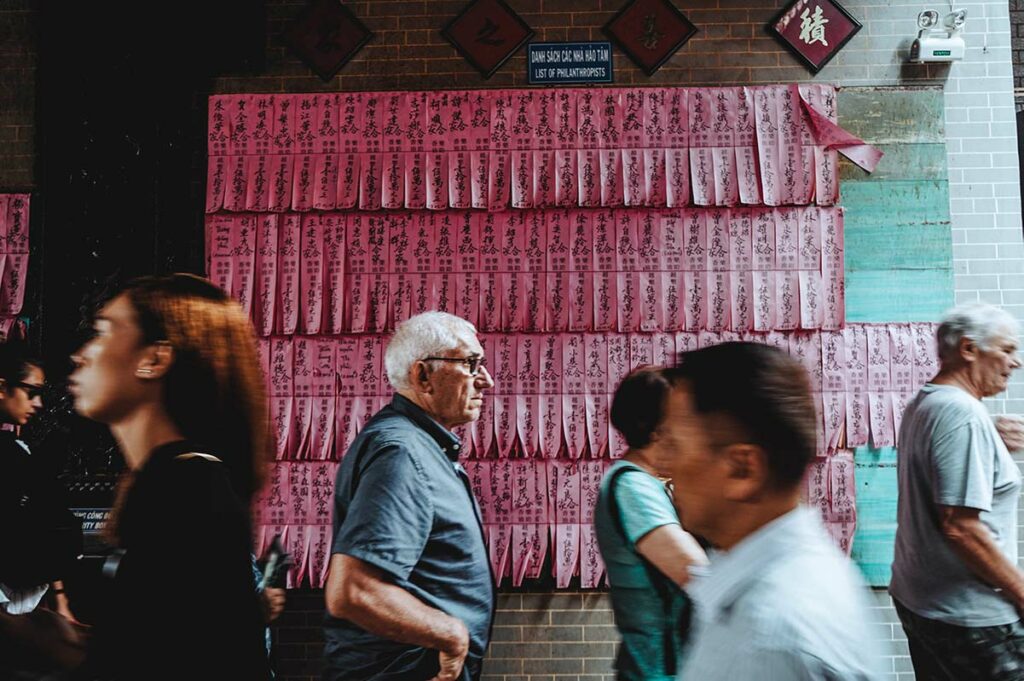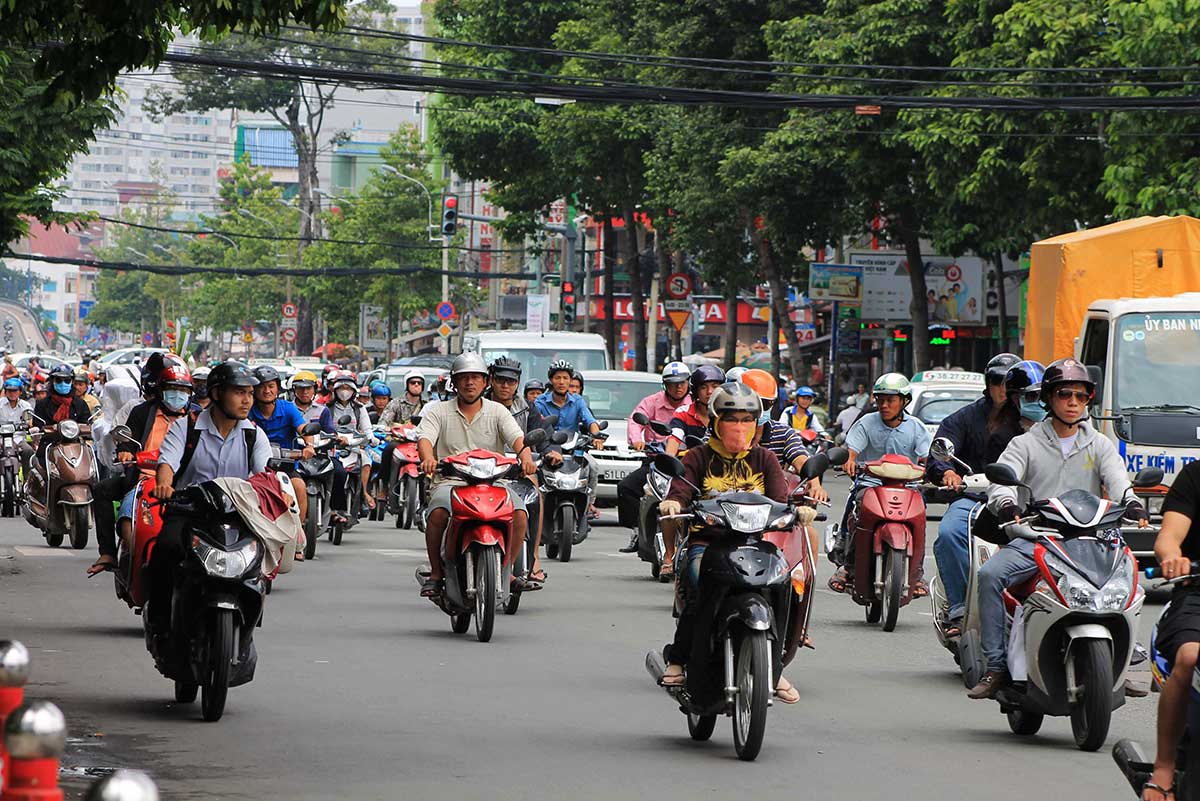Do and Don’t
DO & DON'Ts in Vietnam: Tips for First-time Travellers
Vietnam is a friendly country that is generally safe to travel to and full of wonders like Cam Ranh, Nha Trang, Saigon, Hanoi , or the Mekong Delta,... The Vietnamese are very appreciative if they see you trying to abide by their customs, and very forgiving when you get it wrong, but just in case, here is a quick list of Dos and Don’ts for traveling in Vietnam.
Do dress modestly when visiting temples and other religious sites.
It is important to dress modestly when visiting temples and other religious sites in Vietnam as a sign of respect for the local culture and customs. This also helps to avoid any potential offense or discomfort for the locals and ensures that you can fully appreciate the spiritual significance of the site.

Do take your shoes off when entering someone’s home or a temple.
Taking off shoes when entering a home or temple is a common practice in Vietnam to show respect. It is also a way to keep the floors clean, especially in homes where people sit and sleep on the floor. Following this custom will help you avoid any cultural misunderstandings and show that you appreciate and respect local customs.
Do carry small and big bills of Vietnamese Dong for easy transactions.
Carrying small and big bills of Vietnamese Dong is a do in Vietnam because it makes transactions easier and more convenient. Many small vendors and shops may not have change for larger bills, so carrying small denominations ensures a smoother shopping experience.
Do be prepared for the traffic, especially in cities like Hanoi and Ho Chi Minh City.
Vietnam’s traffic can be overwhelming, particularly in big cities like Hanoi and Ho Chi Minh City. To stay safe, it’s important to be aware of your surroundings, walk carefully, and follow the traffic rules. It’s also a good idea to avoid rush hour if possible, and consider using ride-hailing services like Grab to navigate the city more easily.

Don’t Go too fast when crossing the road.
You should pay attention to around things and can use eye contact with approaching drivers and going with the locals will be the best choice.
Hold Up Your Hands In A “stop” Motion At Oncoming Traffic
Don’t give money to the beggars on the street or tourist attractions.
There is another way you can help people in difficult circumstances is by donating to charity.
Don’t drink tap water, always drink bottled water.
Drinking tap water in Vietnam is not recommended as it may contain harmful bacteria and pollutants. It’s best to stick to bottled water, which is widely available and affordable. This is especially important in more rural areas, where the water quality may be lower.
Don’t bring up the Vietnam War or politics in general
Bringing up the Vietnam War or politics in general can be a sensitive topic in Vietnam. It’s best to avoid discussing it to prevent any uncomfortable situations or misunderstandings.

